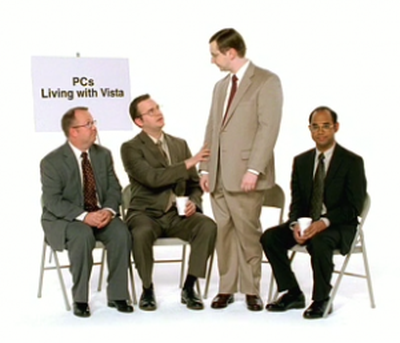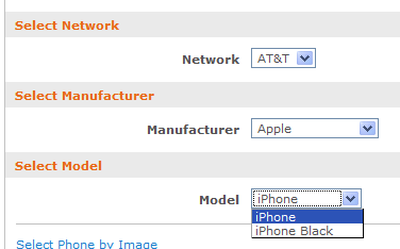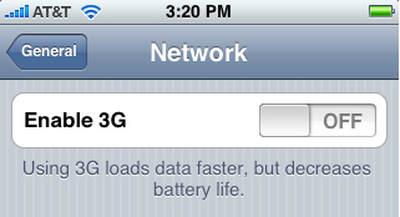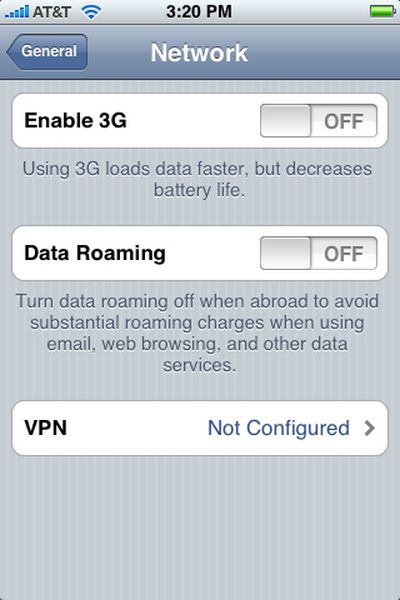Longtime MacRumors readers will remember the excitement surrounding Jeff Han's early multitouch videos which predated the launch of the Apple iPhone. Han and his team had explored new user interface designs surrounding the use of a large multi-touch screen. The concepts of zooming in and out of photos and manipulating objects directly on the screen gave many readers their first look at multi-touch technology.
Han went on to found Perceptive Pixel to market large versions of their touch screens for "film studios and other operations where people can use them as high-tech blackboards to brainstorm on projects".
Those following the U.S. primary elections over the past few months may have noticed that CNN had become one of the Perceptive Pixel's first customers. Their "Magic Wall" has been used to show off the large amounts of data coming in from the primaries:
"It's a stupendous way to explain a lot of complicated data," says David Bohrman, chief producer of CNN's political coverage. "Fundamentally, our job is to explain things to people, and we need to do it visually. This lets us do it naturally, without a keyboard or mouse getting in the way."
Han believes its use will expand to other many other areas in the near future:
"News wasn't the first market we thought of, but it's an interesting application," Han says by phone from New York. "Once the election calms down, you can see how this might work for other kinds of news, like financial, weather or sports."
The screen made its debut on CNN in January of this year. Videos from CNN: Photo resizing, Election results, Annotation, Zooming.
Apple, of course, implemented their own version of multi-touch in the iPhone and iPod Touch, and there's been evidence that more advanced multitouch gestures will make their way into Mac OS X.




















